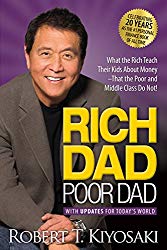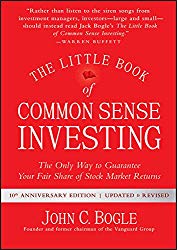| Back to Back Issues Page |
 |
|
How do you learn successful investing? Dividend Investor's Detox Dec 18 December 13, 2018 |
Merry Christmas Dividend Investors!Here's the best way to learn successful investing
If you're looking to invest more confidently and successfully, here's the way to do it: READ! READ! READ! Investing books are the closest access any of us mere mortals have to the greatest minds in investing. There really is no substitute for it. Want to pick Warren Buffett's brains?
Want to know what has worked in the markets since the Great Depression? Want to know which stocks have survived the ups and downs of the market? As William Zinsser once said: "Writing is thinking on paper" and everyone who can read and has $20 to spare can access the thinking of the greatest investors, both alive and dead.
Our top 30 investing books of all timeSince we're in the Christmas season and people are likely asking what they can buy for presents, Mike and I put together a list of the 30 best investing books we've read and wrote a short review of what we got from each title (Take a look at the full list here).Why not get a useful gift this year instead of a trinket or more socks...? If you're not sure where to start, here are our top recommendations in a few categories: Best introductory books for taking control of your financial future:"Rich Dad Poor Dad
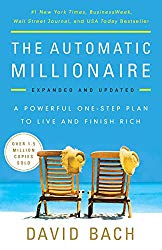
Best beginners' investing books:"The Little Book of Common Sense Investing" and "The Little Book That Still Beats the Market"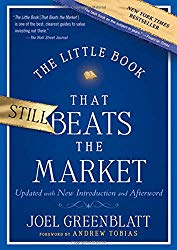
Best in-depth investing books:"The Intelligent Investor" and "Common Stocks and Uncommon Profits"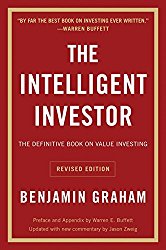
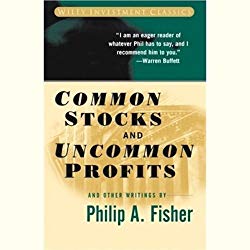
Best little-known investing books:"The Outsiders: Eight unconventional CEOs and Their Radically Rational Blueprint for Success and "Margin of Safety"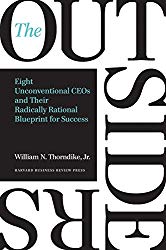
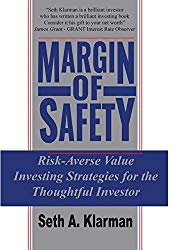
Other articles you might like:
If not books, then what?Not convinced that books are the way forward?If so, then I respectfully ask: What are the alternatives to reading books for financial advice? 1. Listening to gossip and tips:One of the first pieces of advice Mike gave me when he agreed to mentor me on my investing was: "Never listen to stock tips".His reasoning is that at best you can never know what depth of research lies behind them and at worst you don't know the motivation of the tipster. Not all investors are as smart as they make out to be and some are trying to talk up the value of a stock (particularly a risk when the tip involves a small stock with very low trading volumes). "Always do your own research" was Mike's next bit of advice. The only way to learn how to research stocks and what you're looking for is follow the experience of others, and reading is the best way to get that advice in full.
2. Following "News":CNN, The Wall Street Journal and the FT are all esteemed media organisations with well-qualified reporters, but for the long-term value investor, the time horizon of these media outlets is much too short.I've never once seen or read an article about which stocks are likely to be generating the highest dividend in 15 years time and which are currently selling at the best-value prices. Since those are the two most important questions for my investing, why would I read the WSJ or watch CNN? Their reporting of the micro-level ups and downs of big companies is likely to distract from my search not add to it (and they rarely have the time to deal with mid-sized growth firms anyway). By comparison with both of the alternatives, books written by financial gurus who followed your chosen style of investing are far more valuable. So go on, request a financial book for Christmas, read it by New Years and you'll be ready to face your investing with much greater confidence and wisdom in 2019! Enjoy! William John |
| Back to Back Issues Page |
